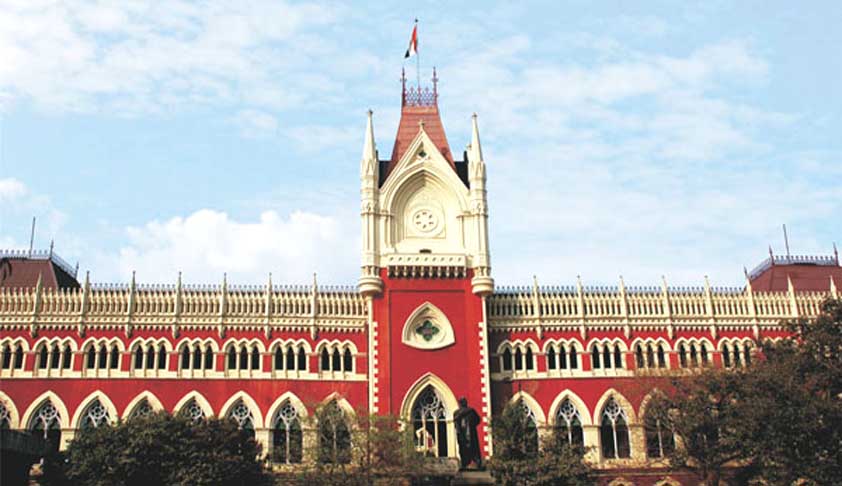Calcutta High Court on Friday commuted the death sentence awarded by Additional Sessions Judge Arambagh to Lakhikanta Adhikary who killed his 26 year old wife and 7 year old son. The High Court awarded life imprisonment with minimum 30 years without remission.The case of the prosecution is that accused Lakhikanta Adhikary was married to Sulekha Adhikary nine years ago. The victim lady...

